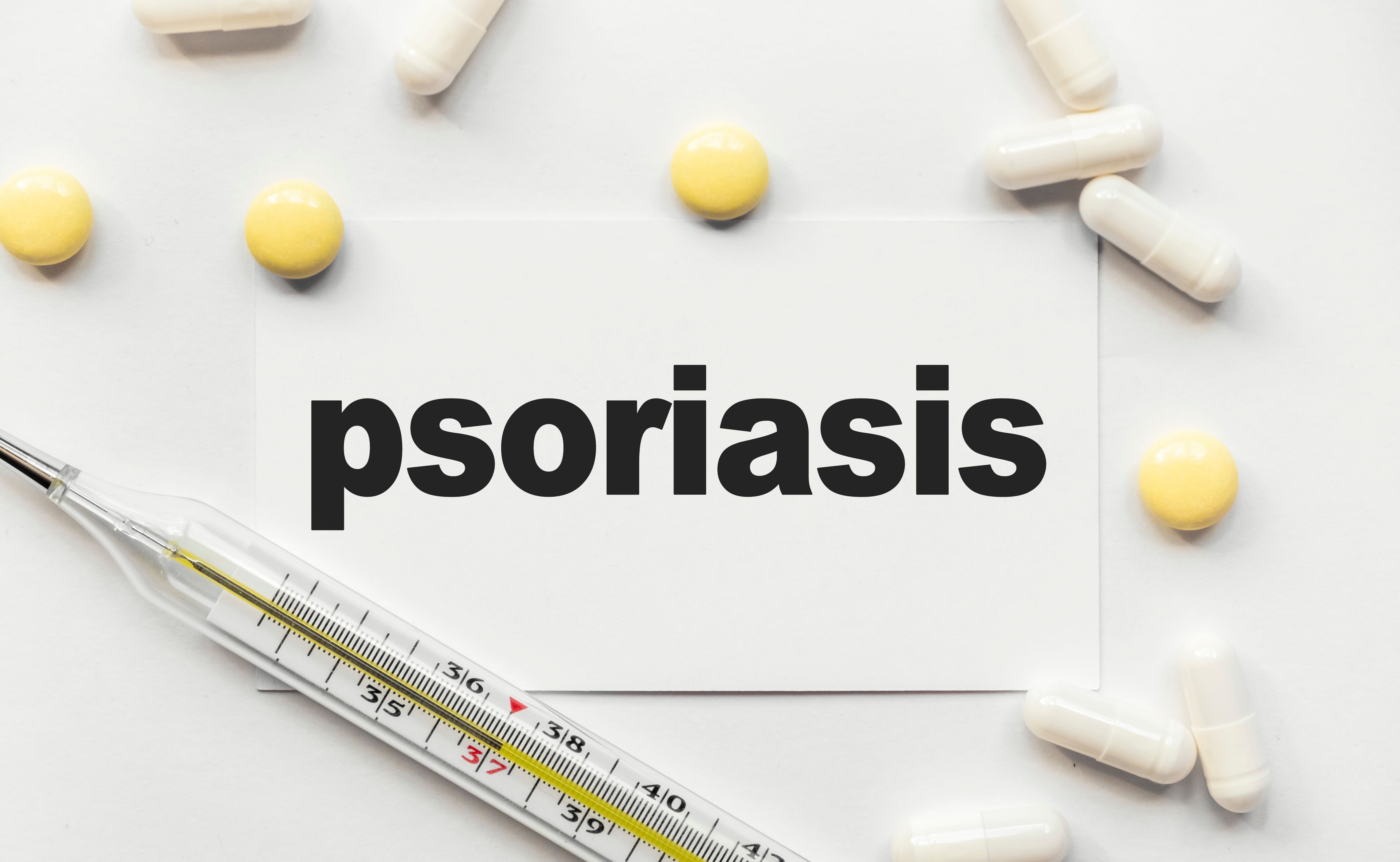- Center on Health Equity & Access
- Clinical
- Health Care Cost
- Health Care Delivery
- Insurance
- Policy
- Technology
- Value-Based Care
Psoriasis Severity Tied to Increased Risk of Inflammatory Bowel Disease
A recent study identified a significant association between psoriasis and inflammatory bowel disease. This link also applied to IBD subtypes: Crohn disease and ulcerative colitis.
A recent study identified a significant association between psoriasis and inflammatory bowel disease (IBD). This link also applied to IBD subtypes: Crohn disease (CD) and ulcerative colitis (UC). The investigators noted that psoriasis severity and treatment type may factor into the association.

Researchers have long recognized the intricate relationship between skin and gut health. Previous studies have highlighted the significance of the skin-gut axis in various inflammatory conditions, including psoriasis and IBD. These conditions share common underlying inflammatory pathways, leading researchers to investigate potential associations between these seemingly distinct diseases.
In this retrospective cohort study, the investigators examined the connection between psoriasis and IBD. The study also sought to identify predictors associated with the development of IBD among patients diagnosed with psoriasis.
The investigation utilized data from the electronic database of the Meuhedet Health Maintenance Organization (MHMO) in Israel. Psoriasis severity was categorized based on the administration of systemic agents or phototherapy. Univariate and multivariate logistic regression analyses were employed to identify specific predictors for IBD development among patients with psoriasis, with adjustments made for potential confounders. Ethical approval for the study was obtained from the Ethical Committee of the MHMO.
A total of 61,003 adult patients diagnosed with psoriasis between 2000 and 2022 were included. Among them, 2.4% (n = 1495) were diagnosed with IBD, a significantly higher proportion compared with the non-psoriasis group (1.6%; n = 3834). This finding suggested a robust association between psoriasis and IBD (OR, 1.47; 95% CI, 1.37-1.56; P < .001).
Several predictors for the development of IBD among patients with psoriasis were identified with P < .001. These included increased age (OR, 1.01; 95% CI, 1.01-1.02), male gender (OR, 1.22; 95% CI, 1.03-1.45), and Jewish ethnicity (OR, 2.5; 95% CI, 1.2–4.1). The presence of spondyloarthropathies such as psoriatic arthritis (OR, 2.27; 95% CI, 1.86-2.77; P < .001) and ankylosing spondylitis (OR, 2.82; 95% CI, 1.5-5.32; P < .05) was related to an increased prevalence of IBD.
Importantly, the severity of psoriasis, as indicated by the administration of systemic agents or phototherapy, was significantly associated with a higher likelihood of IBD development compared with mild psoriasis (OR, 16.03; 95% CI, 11.02-23.34; P < .001). Patients with severe psoriasis exhibited a notably higher risk of developing IBD compared to those with mild psoriasis.
Based on these findings, the investigators acknowledged the importance of closer monitoring and management of patients with severe psoriasis for the timely detection and management of potential gastrointestinal comorbidities. Further research into the underlying mechanisms driving the skin-gut axis and its implications for disease management is warranted to improve clinical outcomes for patients with these chronic inflammatory conditions.
"Our study illustrates that patients presenting with severe psoriasis exhibit an intensified correlation with IBD broadly and more specifically, with CD and UC," they wrote. "A similar trend of augmented association was noted among psoriasis patients with additional spondyloarthropathy-related comorbidities. The relationship was found to be more pronounced with CD compared to UC."
Reference
Shani U, Ben-Shabat N, Qassem R, et al. The association between psoriasis, psoriasis severity, and inflammatory bowel disease: a population-based analysis. Therap Adv in Gastroenterol. Published online January 27, 2024. doi:10.1177/17562848241227037
